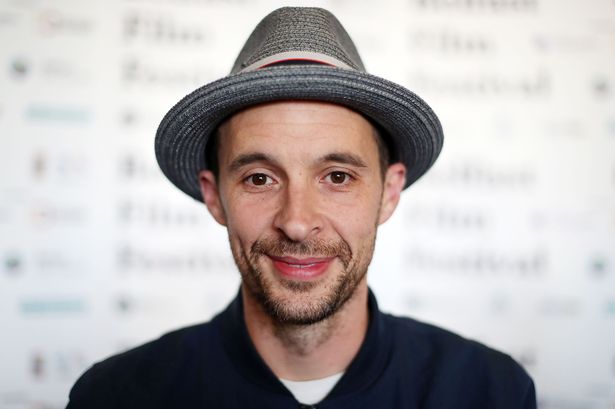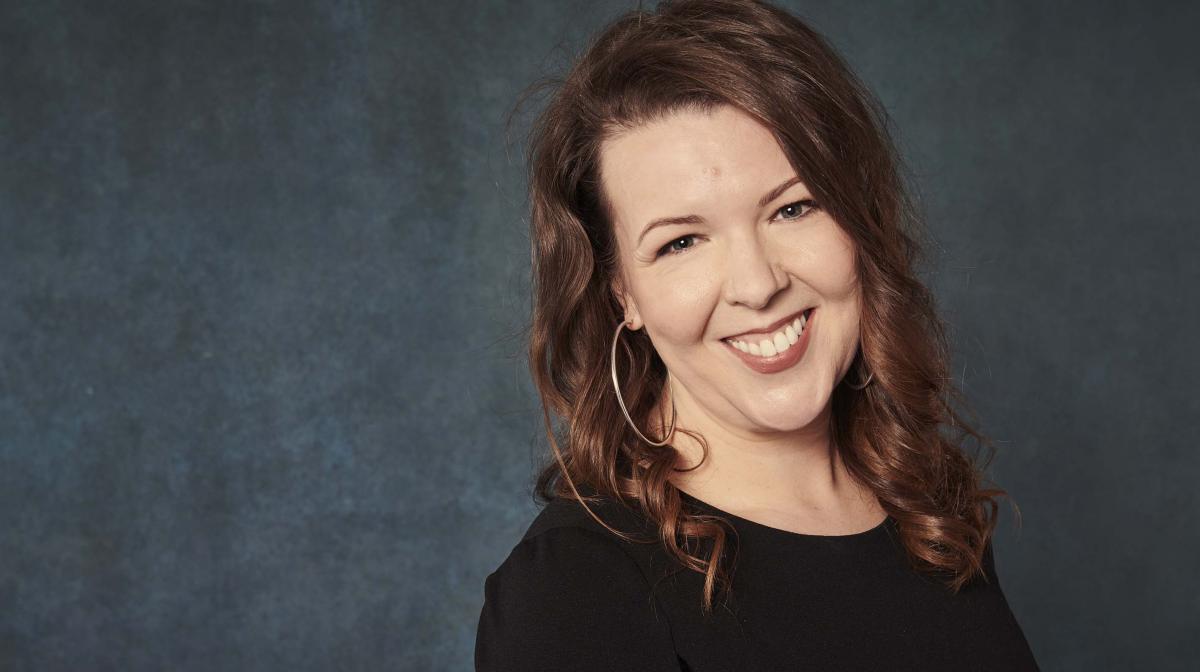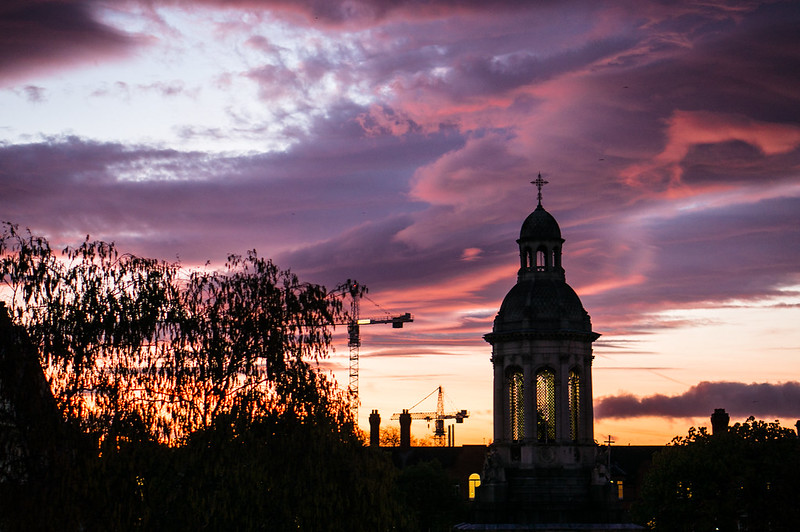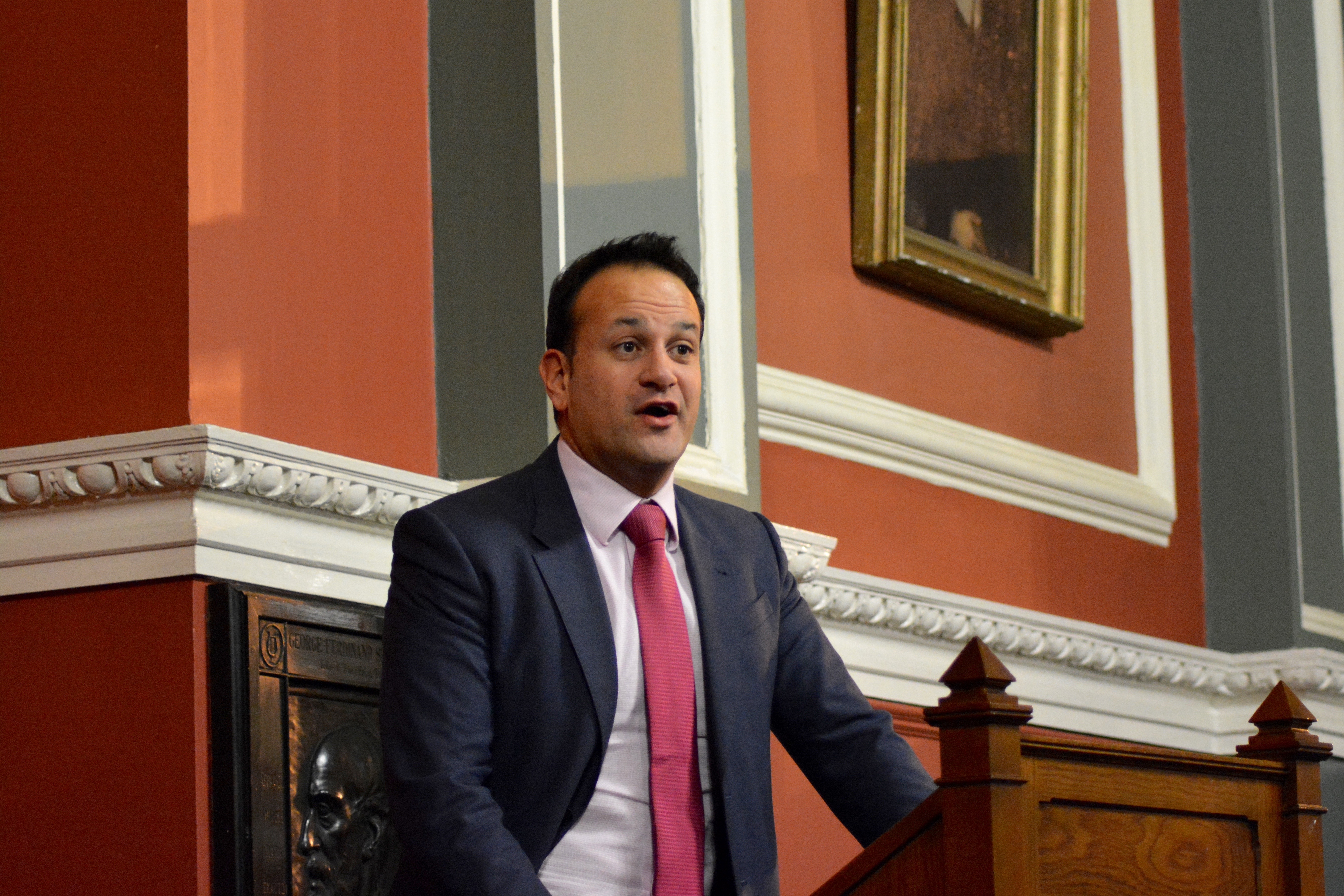For a man whose personal history is so tied to Trinity, it is perhaps surprising that David Norris begins our interview by describing it as “forbidding”.
Sitting comfortably in the upstairs living room of his elegant Georgian house, Trinity’s longest-serving senator – and a former presidential candidate – is discussing his first few days in college.
“The first thing I remember about it was that for most Dubliners it wasn’t very welcoming”, he says, describing his then-limited experience of campus. Front Arch, he informs me, was policed by uniformed security guards. Catholic students had been officially banned by the Archbishop, with the few exceptions barely forming the numbers to create the Laurentian Society. And as a young gay man, Norris initially saw himself as something of an outsider. “I was quite isolated as a gay man”, he tells me. “I didn’t know any other gay people in Trinity. Not one.”
But if our interview starts off with a serious tone, it quickly blossoms into the kind of colourful discourse that is Norris’s trademark. Over the course of our conversation, we touch on everything from champagne parties with the Provost to the state of Labour’s senate representation, in a discussion that, though often meandering and chaotic, is always engaging, vivid and fascinating.
Norris, who studied English literature after changing from classics and history early on, is now inextricably tied to Trinity and its associated institutions. After becoming a Scholar in the late 1960s (something he describes as a “surprise”, having only taken the exams to get an exemption from later testing), Norris went on to lecture at Trinity until the mid-1990s, all while being the first openly gay member of the Seanad and spearheading a variety of successful campaigns for improved LGBT rights in Ireland.
Still, our conversation centres around fond memories of Norris’s undergraduate career. He describes joining both the Hist and the Phil, only to be expelled from each in the first term – from the Hist for failing to wear an academic gown, and from the Phil for refusal to pay an “arbitrary and capricious” fine. Still, he says, he continued to speak with each of them, eventually becoming an honorary member, and Vice-President, of the Hist.
Indeed, when asked to give advice to incoming freshers, Norris doesn’t hesitate in encouraging students to join as many societies as possible. “They’re a good mixing place, a good meeting place and you hone your social and speaking skills.”
There’s no point in doing something that you’re not interested in. If you’re motivated by love of a subject, then you’ll do well
As with all aspects of Trinity, Norris has a seemingly endless parade of stories about his time with college societies. “I remember somebody gave a paper to the phil on homosexuality and that was very interesting”, he says, recalling how the debating societies were “more open” than the rest of campus. On a more anarchic note, he describes how UCD’s primary debating society, the Literary and Historical Society, “used to come down on kind of raiding parties, and we’d go up there. It was great fun, there was this kind of electric relationship between the two”.
But Norris has more to discuss than College societies. His lifelong commitment to academia allowed him to develop a passion for literature, something that he says all students should seek to cultivate within their own disciplines.
“The one thing that is really significant in an undergraduate is motivation”, he says, encouraging students to find their own niche within the academic community. As if to back this advice up, he describes how, as a tutor, he found that “some people could be highly intelligent, and yet do badly because they weren’t interested in the subject. There’s no point in doing something that you’re not interested in. If you’re motivated by love of a subject, then you’ll do well”.
Read the critics, but they’re not the final arbiters. In terms of writing an essay or this sort of thing, you’re the final arbiter. You say what’s what
This passion, Norris makes clear, doesn’t have to involve endless hours in the library, or a laborious slog through academic texts. “I wouldn’t be overly worried by the enormous reading lists that you get because they are unrealistic. So I would say pick and choose. Choose the books that you find interesting.”
“Don’t be afraid to stand up for your own beliefs”, he continues, now on a roll with advice. “Read the critics, but they’re not the final arbiters. In terms of writing an essay or this sort of thing, you’re the final arbiter. You say what’s what.” By way of example, Norris describes a former student unwilling to write an essay on the poetry of Hopkins: “He said I hate him, and I said that’s the title of your essay! Why I hate Hopkins!”
Despite offering these reams of advice, Norris recognises that much in Trinity has changed since his undergraduate years. “Trinity was very much smaller”, he says. “There were only 2,500 staff and students in those days, it’s now up to somewhere about 20,000. It’s enormously grown.”
I wouldn’t be overly worried by the enormous reading lists that you get because they are unrealistic. So I would say pick and choose
He cautions against the increasing commercialisation of the university – something he feels is at risk of alienating students. “I think you have to be very careful with these things”, he says, discussing the “growing impersonality” of lectures and tutorials. “In those days we knew personally all our professors and lecturers and so on”, he says, before launching into stories of idiosyncratic professors and witty academic banter.
With these warnings, we’re back to the heavier territory we touched on at the beginning. Norris, however, is keen to point out that despite its flaws, Trinity is a wonderful place to be, even if each student has to work to make it suit themselves. “I didn’t think it was welcoming, but it did have a reputation as a liberal university, and I kind of worked on that,” he admits towards the end of our conversation. “I thought, ‘there you are: if it’s liberal, I’m calling in the cheque’.”










